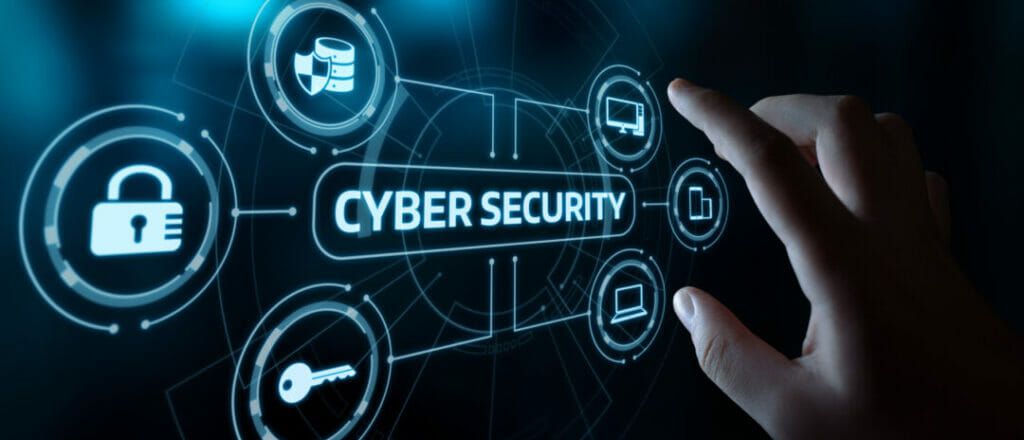It is no secret that the internet can be a dark and dangerous place. Whether you’re just spending some leisure time on social media or gambling online, it is important to be vigilant. Every day we read stories in the news about cyber attacks and cyber bullying. These stories usually involve young people who have been the victim of some kind of online harassment. But what many people don’t realize is that these attacks can have a serious impact on the mental health of those involved.
Cyber attacks can take many forms. They can be anything from someone hacking into your personal accounts and posting embarrassing information, to sending threatening or abusive messages. In some cases, the effects of a cyber attack can be so severe that the victim is left feeling suicidal.
Cyber bullying is one of the most common forms of cyber attack. It usually involves someone sending hurtful or mean messages to another person. In some cases, it can also involve posting humiliating photos or videos of the victim online. The effects of cyber bullying can be devastating. Victims of cyber bullying often suffer from anxiety, depression, and low self-esteem. They may also struggle with sleep problems, eating disorders, and substance abuse. In extreme cases, cyber bullying can lead to thoughts of suicide.
And, as more and more people suffer from mental health issues, the internet can be a trigger for those conditions. It’s not just the act of being online that can be harmful, but also the content that people are exposed to.
Cyber security and mental health are two very important issues that are often overlooked. But they are both connected.
Mental health and cyber security are both about protecting yourself from harm. Mental health is about protecting your mind from things that can hurt it. This can include things like anxiety, depression, stress, and trauma. And Cyber security is about protecting your computer and your online information from being hacked or stolen. Both mental health and cyber security are important for your well-being.
Here are some tips to help you stay mindful of both cyber security and mental health.
1. Create strong passwords and keep them secure. Make sure your passwords are strong and difficult to guess. Avoid using easily guessed words like your name, birthdate, or favorite sports team. Use a combination of uppercase and lowercase letters, numbers, and special characters. And never use the same password at more than one site.
2. Be aware of phishing scams. Phishing scams are designed to trick you into giving up personal information, like your passwords or credit card numbers. Be suspicious of any email or text message that asks you to click on a link or provide personal information.
3. Keep your software up to date. That includes your operating system, web browser, and any apps you have installed. Most software updates include security enhancements, so it’s important to install them as soon as they’re available.
4. Use a secure connection. Any time you’re using a public Wi-Fi network, be sure to use a secure connection. That means using a Virtual Private Network (VPN) if one is available, or connecting to a secure HTTPS site.
5. Be mindful of what you post online. Think carefully about what you share on social media and other online platforms. Once something is posted, it’s often difficult to remove it completely.
















.webp)